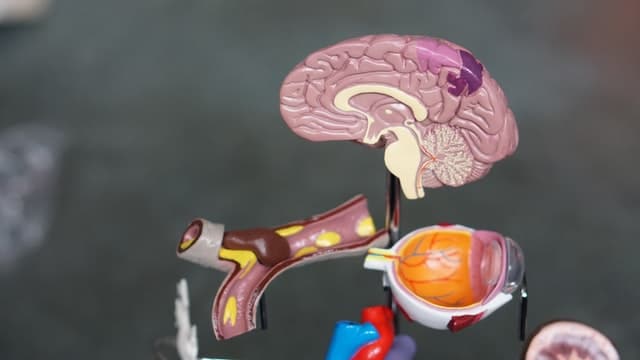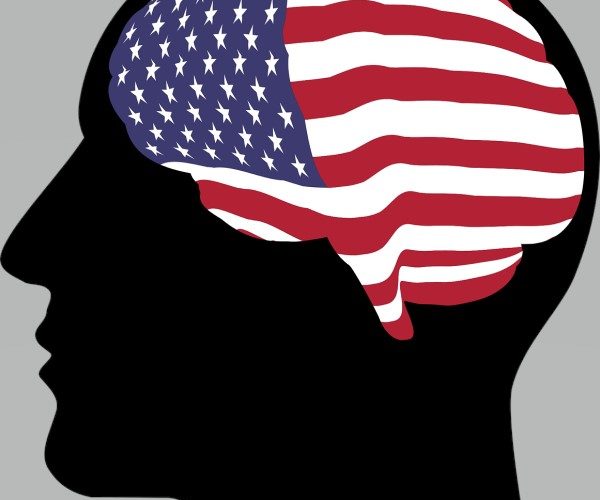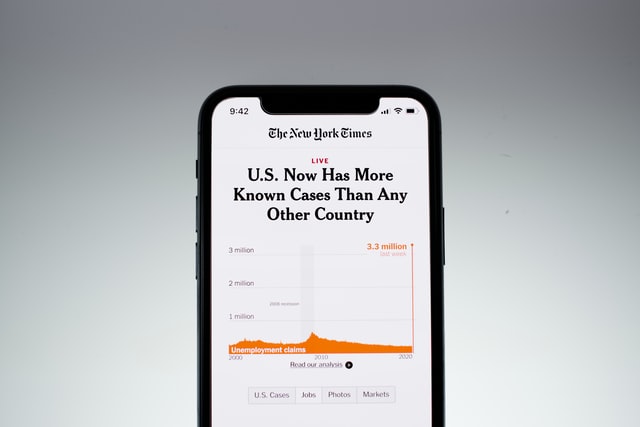Recently, a theory surfaced online that President Donald Trump’s trip to Walter Reed National Military Medical Center last November was prompted by his experiencing a “series of mini-strokes.” Trump acknowledged the theory only to dismiss it as “fake news.” It is impossible to retroactively diagnose a stroke of any size without an MRI, and this rumor’s perpetuation may be just another example of the destructive politicization of cognitive health that has become such a prominent part of the political conversation. But in the meantime, the theory and the president’s response have prompted a series of questions as to what a mini-stroke is and the confusion around the term.
A stroke is a sudden interruption in blood supply to the brain. Most are caused by an abrupt arterial blockage. Sometimes, neurologist Dr. Majid Fotuhi told Being Patient in a recent interview, these blockages “could be large like the size of a ping pong ball or an apple,” but sometimes, they can be tiny, “like the size of a grain of rice or small little pebble.”
But according to University of Rochester Medical Center Associate Professor of Neurology Dr. Adam Kelly, there is often a lack of clarity when using the term “mini-stroke,” and this can lead to confusion.
“Often the term ‘mini-stroke’ is used synonymously with the term ‘transient ischemic attack’ or TIA, which is an event where someone has symptoms of a stroke [such as weakness in a part of the body or difficulty in speech or language] which resolves within minutes to hours,” Kelly told Being Patient.
By definition, he said, a TIA does not involve any lasting damage or injury to the brain, meaning no long-term cognitive effects. But that is not always the case.
“Alternatively,” he said, “some people use [‘mini-stroke’] to describe an event where someone has a neurologic event that may resolve but is still associated with a small area of damage or injury to their brain.” This damage is diagnosable retroactively via an MRI.
The smaller events are so symptomatically mild, they may go undetected and undiagnosed. But the long-term effects can be impactful. Just like strokes that are more easily detected, they could in turn lead to brain damage. And even a cognitively inconsequential TIA may be a harbinger of a more serious issue: According to the Mayo Clinic, one in three people who experiences a TIA will eventually experience a stroke.
According to Fotuhi, cognitive issues that may result from mini-strokes, as with larger strokes, include memory issues, loss of speech, difficulty walking, sudden dizziness, loss of vision.
In the long run, the accumulated effects of mini-strokes may also lead to vascular dementia — the second most common form of dementia after Alzheimer’s disease, accounting for one in ten dementia cases.
Causes of mini-strokes include high blood pressure. They have also been observed in patients with COVID-19. According to Fotuhi, COVID-19 patients may suffer from blood clots, which cut off blood flow and oxygen to vital organs and may lead to mini-strokes and strokes. Fotuhi, who specializes in neurological rehabilitation following brain injuries, has been working with COVID-19 patients affected by the disease’s neurological impacts, mini-strokes included.
“When they leave the hospital, they’re not quite the same,” Fotuhi said of patients who have suffered mini-strokes in a recent interview with Being Patient. “They’re a little slower in thinking, they can’t quite problem-solve as they’re used to. If they’re working, they have to put more effort into getting the same job done as before.”





I am a little worried about my wife because her grandmother, mother, and her mothers brother all passed away having alzheimers disease in their 70’s and she is 73 and showing signs pretty strongly. What should we be doing?
Hi Jackie, we recommend getting in touch with your primary care physician to consider your options for testing.